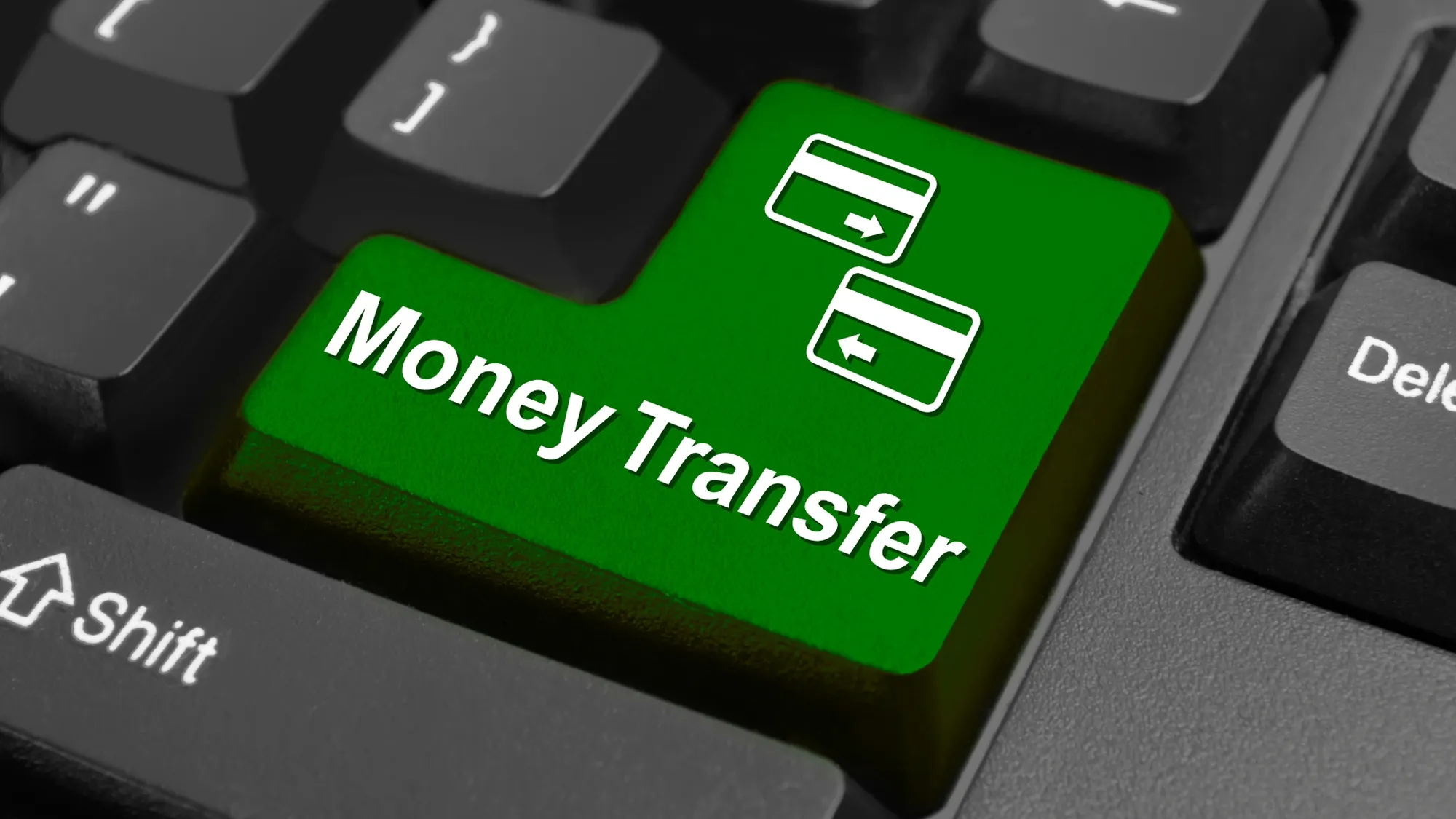If you’re looking for a fast and convenient way to transfer money from your Public Bank account to other banks in Malaysia, you can use the DuitNow service. DuitNow allows you to send money directly to any DuitNow ID, which can be a mobile number, NRIC, passport number, or business registration number, without needing to remember the recipient’s bank account number. It’s a secure and efficient way to make fund transfers.
In this article, I’ll guide you through the process of transferring money from your Public Bank account to other banks using DuitNow.
What is DuitNow and How Does It Work?
DuitNow is a payment service in Malaysia that enables users to transfer funds instantly and securely. It’s an initiative by Payments Network Malaysia Sdn Bhd (PayNet) to simplify money transfers between different banks. DuitNow IDs serve as unique identifiers linked to your bank account, making it easy to send and receive money without sharing account numbers.
Here’s how DuitNow works:
- You register your mobile number, NRIC, passport number, or business registration number as your DuitNow ID with your bank, in this case, Public Bank.
- When you want to send money to someone, you only need to know their DuitNow ID.
- The recipient’s DuitNow ID is linked to their bank account.
- When you initiate a transfer, the funds are sent to the recipient’s bank account associated with their DuitNow ID.
Now, let’s go through the steps to transfer money from your Public Bank account to other banks using DuitNow:
Step 1: Register for DuitNow with Public Bank
Before you can use DuitNow, you need to register your DuitNow ID with Public Bank. Follow these steps:
- Log in to your Public Bank online banking account (PBe) using your User ID and password.
- Navigate to the DuitNow registration section. This may vary depending on the specific layout of PBe.
- Choose the identifier you want to register as your DuitNow ID. It can be your mobile number, NRIC, passport number, or business registration number.
- Link your chosen DuitNow ID to your Public Bank account.
- Confirm your registration details and complete the process. You may need to enter a Transaction Authorization Code (TAC) sent to your registered mobile number for verification.
- Once registered, your DuitNow ID is now linked to your Public Bank account, and you can use it to receive funds.
Step 2: Initiate a DuitNow Transfer
Now that you have registered your DuitNow ID with Public Bank, you can proceed to initiate a DuitNow transfer. Follow these steps:
- Log in to your Public Bank online banking account (PBe) using your User ID and password.
- Navigate to the fund transfer section and select “DuitNow.”
- Enter the recipient’s DuitNow ID. This can be their mobile number, NRIC, passport number, or business registration number.
- Specify the amount you want to transfer.
- Choose the Public Bank account you want to use for the transfer.
- Review the transaction details for accuracy.
- You may need to enter a Transaction Authorization Code (TAC) sent to your registered mobile number for security verification.
- Confirm the transfer.
Step 3: Confirmation and Notification
Once you’ve confirmed the transfer, the funds will be sent to the recipient’s bank account associated with their DuitNow ID. The recipient will receive a notification confirming the incoming funds.
And that’s it! You’ve successfully transferred money from your Public Bank account to another bank using DuitNow. It’s a quick and hassle-free way to send money securely to friends, family, or anyone else without needing their bank account number.
DuitNow is available 24/7, making it convenient for both one-time and recurring transfers.
In conclusion, DuitNow simplifies fund transfers between different banks in Malaysia. By registering your DuitNow ID with Public Bank, you can easily initiate transfers using just the recipient’s DuitNow ID, providing a more convenient and secure way to send and receive money.
